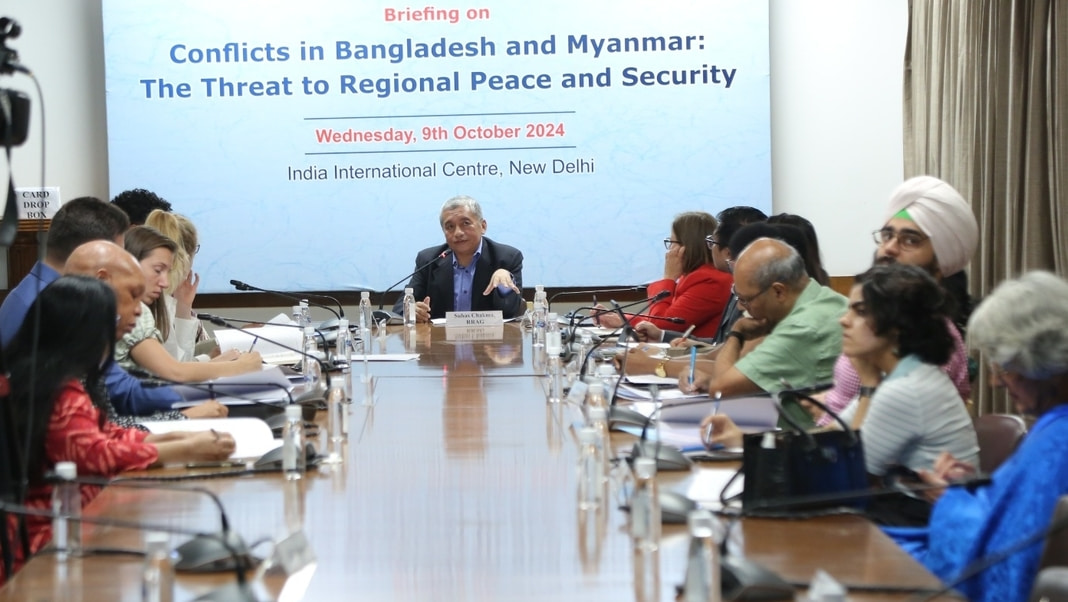Guwahati, Oct 11: The Rights and Risks Analysis Group (RRAG) has released a report titled “Conflicts in Bangladesh and Myanmar: The Threat to Regional Peace and Security,” highlighting concerns regarding the exclusion of indigenous peoples from the Chittagong Hill Tracts (CHTs) and religious minorities in the constitutional reform process in Bangladesh.
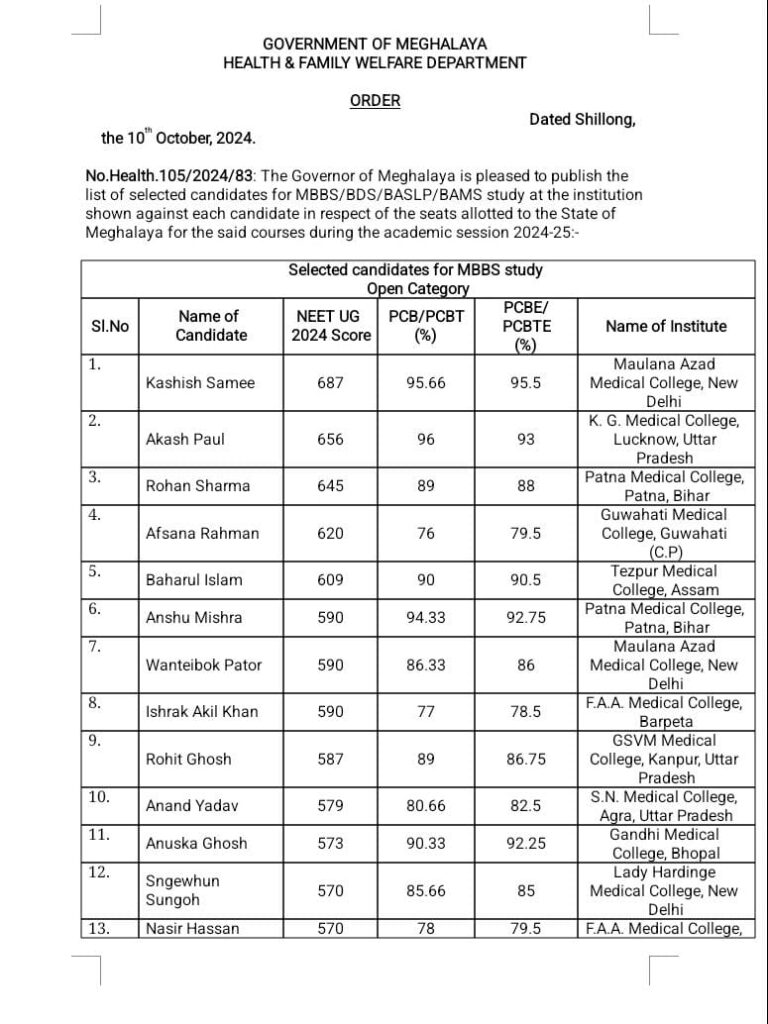
During a briefing for the diplomatic community in New Delhi, RRAG Director Suhas Chakma emphasized that the interim government of Bangladesh, led by Mohammed Yunus, has failed to include representatives from these marginalized groups in the newly formed Constitution Reform Commission. Announced on October 6, the commission consists of nine members, with only one woman, Professor Sumaiya Khair, included.
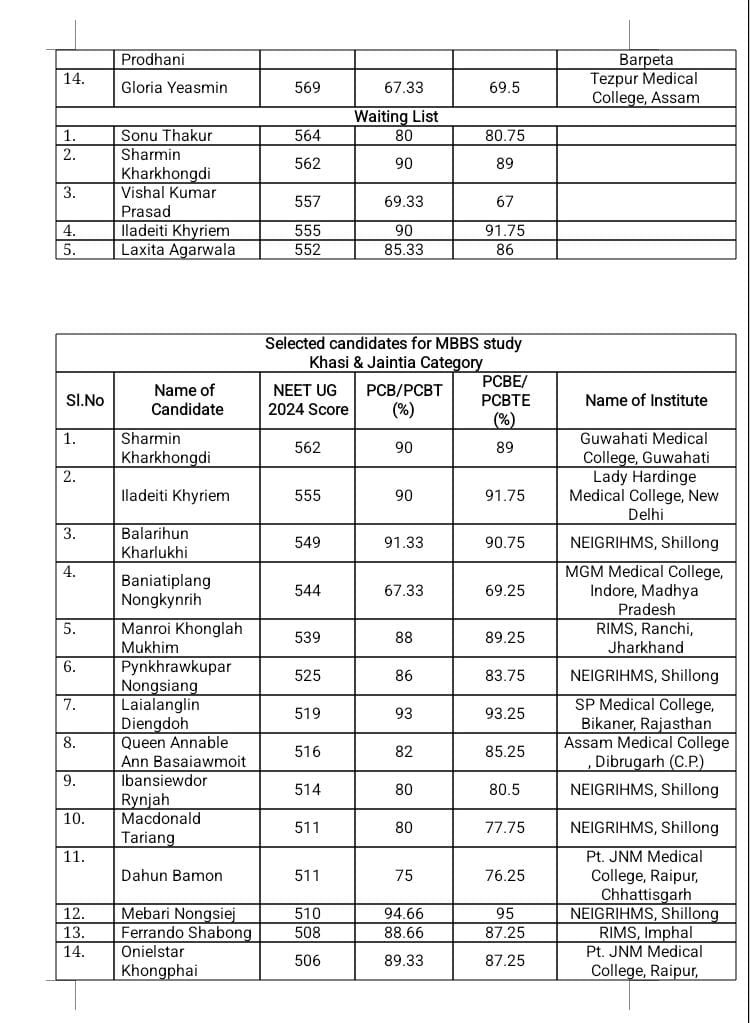
Chakma criticized this omission as a violation of the Jatiya Sangsad (Reserved Women Seats) Election Act of 2004, which mandates reserved seats for women, thereby undermining the representation of women and minority groups in the constitutional reform process.
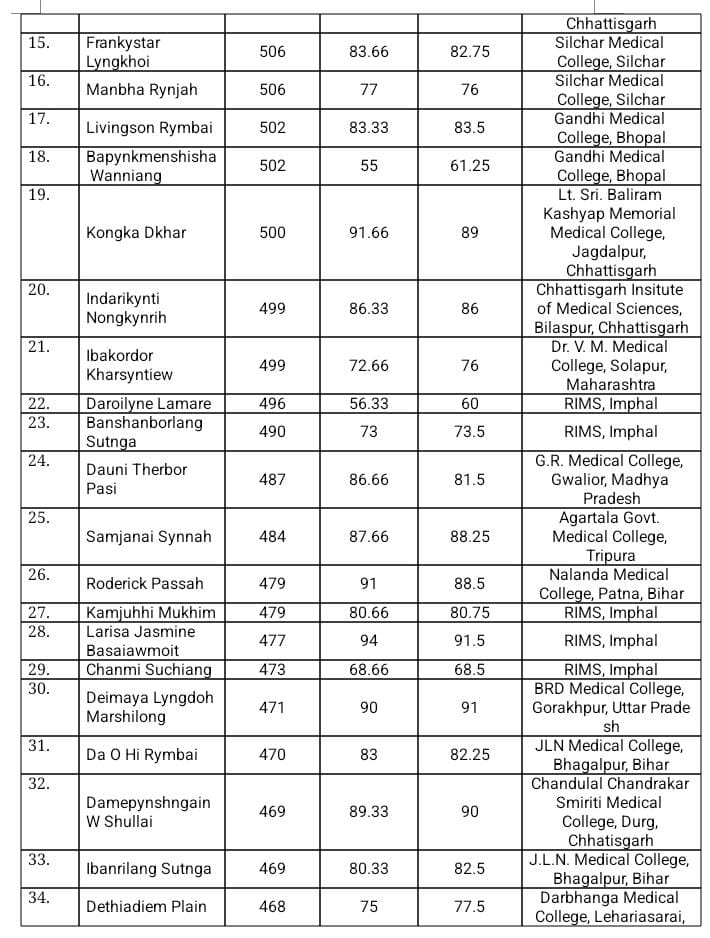
This report raises significant concerns about the ongoing challenges faced by indigenous communities and religious minorities in Bangladesh, particularly regarding their political representation and rights within the framework of constitutional reforms.
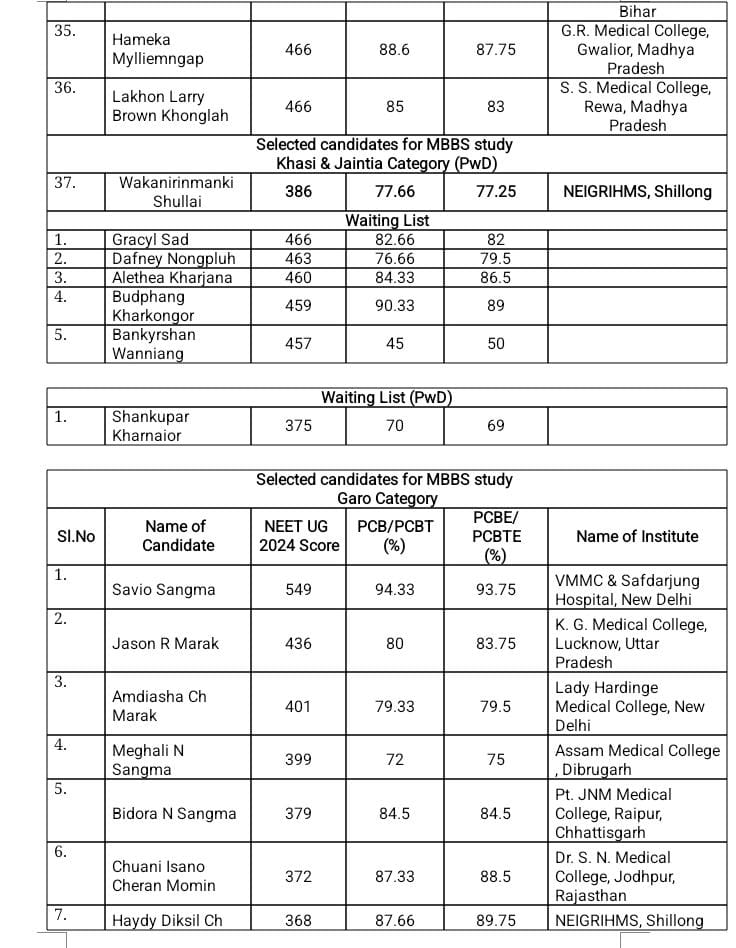
Chakma expressed serious concerns regarding the governance of Bangladesh under Mohammed Yunus, asserting that his worldview promotes the exclusion of vulnerable communities. Chakma criticized Yunus for perpetuating a pattern of human rights violations against indigenous peoples in the Chittagong Hill Tracts (CHTs), contrasting this with the actions of former leaders like ex-President H.M. Ershad and ex-Prime Ministers Khaleda Zia and Sheikh Hasina.
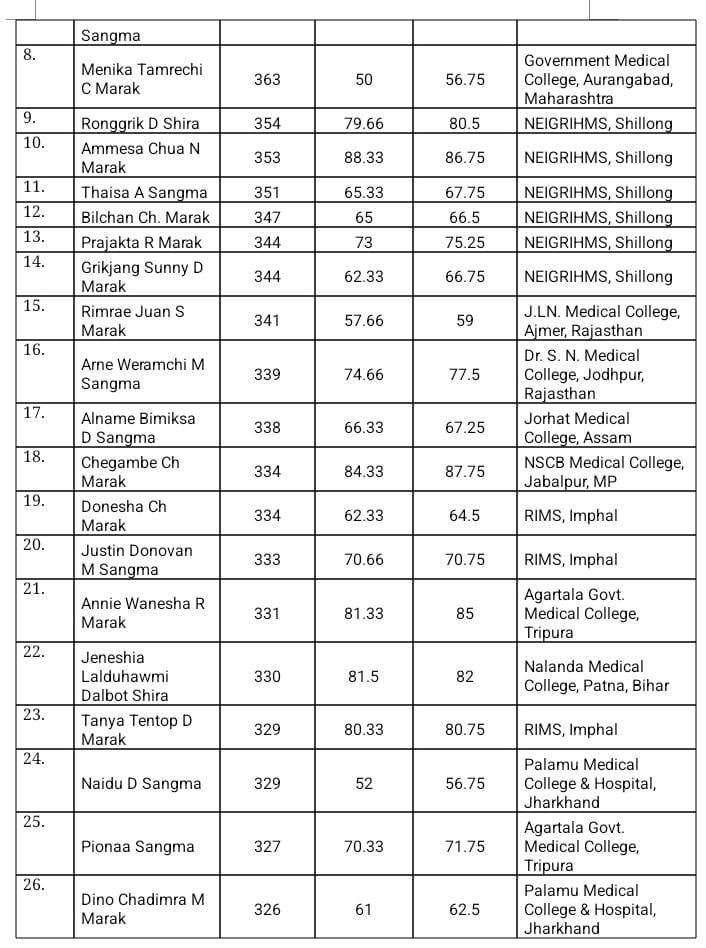
The RRAG report details a series of organized assaults from September 19 to October 1, during which the Bangladesh Army and illegal settlers targeted indigenous communities in Dighinala, Khagrachari, and Rangmati districts. According to the report, these assaults specifically focused on the businesses of indigenous peoples, resulting in injuries to between four and nine individuals, with a total of 75 indigenous people injured. The report also notes that 142 properties—including houses, shops, and Buddhist temples—were looted, destroyed, or set ablaze.
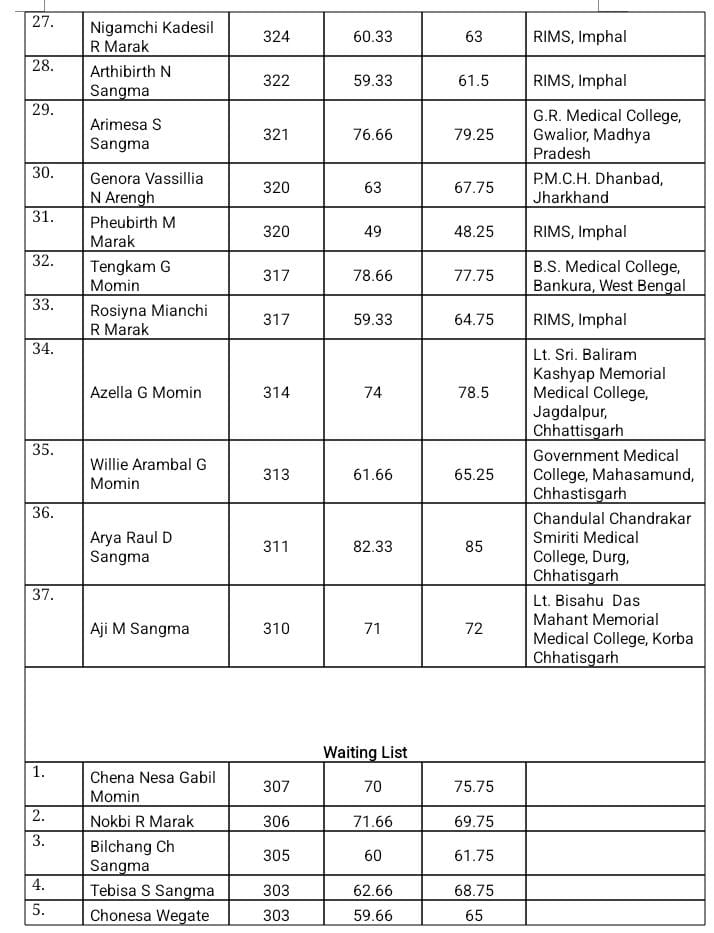
Chakma highlighted that the attacks have effectively expelled indigenous communities from local markets, leading to significant barriers against their participation in economic activities in urban areas of the CHTs. He attributed this situation to segregation, communal tensions, and biased law enforcement and administrative practices.
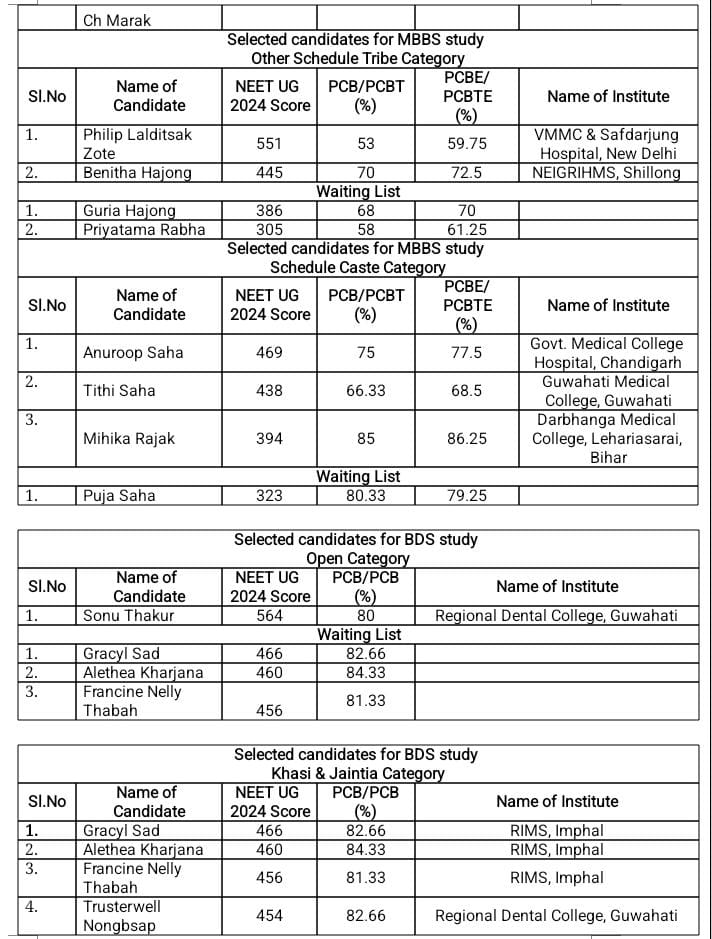
The briefing attracted diplomats from various countries, including Sri Lanka, Slovenia, Canada, Switzerland, Finland, and others, as well as area experts and representatives from the Carnegie Endowment for International Peace.
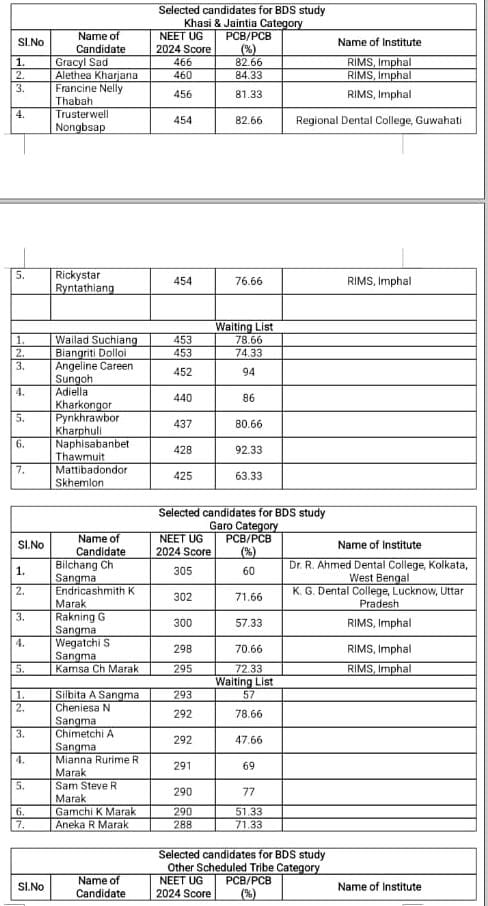
The RRAG urged the diplomatic community to advocate for several key actions, inclusion of indigenous peoples in the constitutional reform decision-making process, recognition of the rights of indigenous peoples and religious minorities in the new constitution, granting constitutional status to the CHTs, establishing an office of the High Commissioner for Human Rights in Bangladesh to investigate human rights violations in the CHTs.
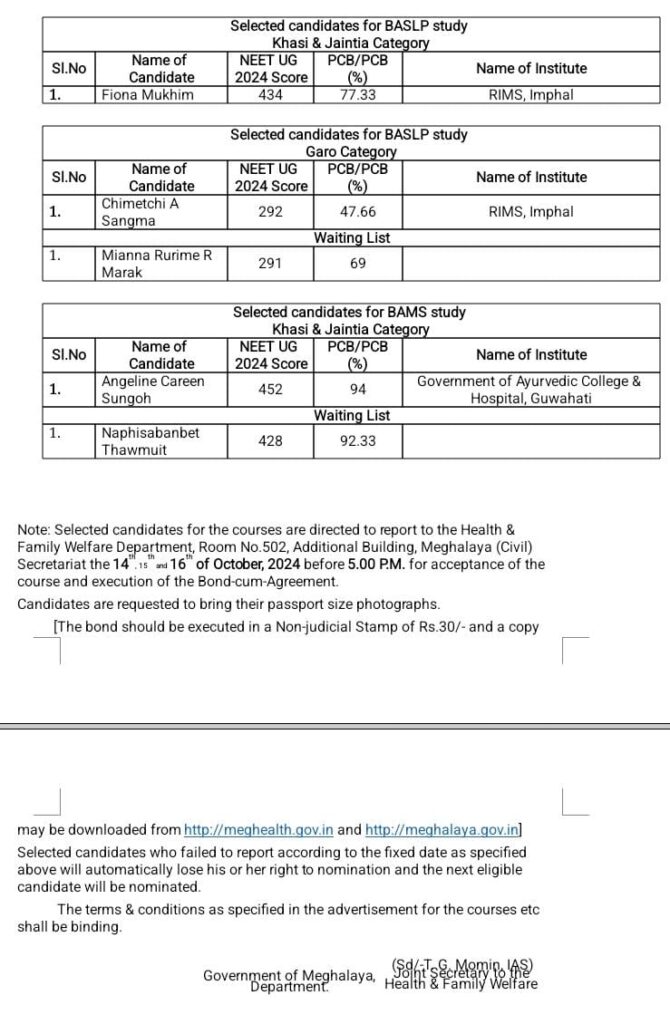
The call for international intervention underscores the critical need for addressing the systemic injustices faced by these communities in Bangladesh.
Read: Assam: Now Christian schools must allow Hindu students to wear rakhis, tilaks during festivals
WATCH:
Find latest news from every corner of Northeast India at hubnetwork.in, your online source for breaking news, video coverage.
Also, Follow us on-
Twitter-twitter.com/nemediahub
Youtube channel- www.youtube.com/@NortheastMediaHub2020
Instagram- www.instagram.com/ne_media_hub
Download our app from playstore – Northeast Media Hub



